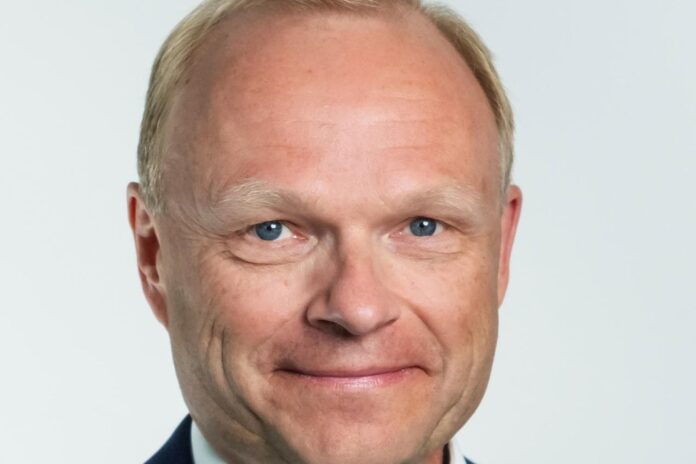CEO Lundmark laments 5G orders slowed by supply chain strain
The global semiconductor shortage could be over by Christmas, according to Nokia, after confounded the analysts with another surprise statement: an unexpectedly high operating profit boosted by solid demand for its 5G equipment. Nokia also surpassed analyst expectations in its previous (Q1) quarterly declaration. The news sent shares up as high as 7% on the previous day. Nokia said a detailed, segment-level discussion will be available in the complete financial report hosted here.
Orders
Conditions for the semiconductor shortage were created in 2020 as the Covid pandemic began to limit a range of industries, including telecoms. Nokia Chief Executive Pekka Lundmark explained why the pressure might start to ease later in 2022 and the new year. “The overall direction in the semiconductor industry is positive at the moment, but we did continue to have constraints in the second quarter,” said Lundmark in an interview. “Our order book [demanded] faster growth had there been more components available.”
Supply-chain disruptions raised costs, reduced margins and forced companies to increase prices. Demand for chips could fall later this year if, as expected, smartphone and PC sales slow, allowing semi-conductors become more available to other industries.
Peer pressure
While Nokia’s margin fell slightly in the quarter, those of rival Ericsson quarterly core earnings missed expectations. “[Considerng] the margin warning last week from [its] peer Ericsson, we think Nokia is performing well in the face of inflation and supply chain risks and we continue to see strong margin expansion opportunities beyond near-term headwinds,” Citi analysts wrote in a research report.
The company affirmed its full-year net sales outlook of between €23.5 billion and €24.7 billion and comparable operating margin guidance of 11% to 13.5%. Nokia’s second-quarter comparable operating profit rose to €714 million euros ($729.71 million) from €682 million last year, beating the €636.52 million mean forecast of 11 analysts polled by Refinitiv. Net sales grew 11% in the quarter to €5.87 billion, beating estimates of €5.60 billion.
Costs
Lundmark said Nokia is passing on cost increases to all new contracts, but it is hard to do that for existing clients. The company said in April it was pulling out of Russia following the Ukraine invasion. It was reported that Russian mobile operators have excluded Ericcson and Nokia from future inclusion in 5G building plans anyway. Nokia is continuing with its exit process. “The clear majority of the exit will have been done by the end of the year. We are in discussions now with our customers there on how to do all the practical things but all our main offices in Russia have delivered notices to our people,” Lundmark said.



